A century ago, an outbreak of influenza (1918 flu pandemic) spread rapidly across the world and killed between 30 to 50 million people with a one and a half year. The number of patients and dead bodies overwhelmed hospitals, Quarantine centers, and cemeteries. It was first reported in the Madrid daily newspaper ABC.
How Spanish flu spread
Most influenza outbreaks target mostly older people, but the Spanish flu pandemic had the highest mortality rate for young adults, making it one of the deadliest epidemics in human history. To maintain morale, the Great War censors minimized the early reports of illness and mortality in countries like France, Italy, Germany United Kingdom, and the United States. The Spanish media was free to report on it in gory detail. When the virus sickened King Alfonso XIII of Spain and began affecting more people, the nickname was given “Spanish flu.” As World War one was coming to an end, soldiers and people were traveling across the globe, aiding the rapid spread of the disease.
Origins of Spanish flu
Scientists are still unsure about the source of this flu. The first known case was reported at a military base in Kansas on March 11, 1918. Scientists have conducted several researches and extensive studies to discover the source of this pandemic, but they have yet to find the cause. In 2018, Michael Worobey, a biology professor at the University of Arizona who is examining the history of the 1918 pandemic, revealed that he obtained tissue slides created by William Rolland, a physician who reported on a respiratory illness likely to be the virus while a pathologist in the British military during World War One.
Spanish flu 1918 death toll
The virus mostly affected and killed young adults. It is estimated that about 500 million people or one-third of the world’s population was infected with this virus. The number of deaths was estimated to be around 50 million. But a reassessment in 2018 figured the total to be about 17 million, though this has been contested. The death toll in India’s British-ruled districts was at least 12 million. China had a death toll of between 1 and 1.28 million. The death toll in Russia was closer to 2%, or 2.7 million people. In the U.S., about 28% of the population was infected, and about 675,000 people died.
Here below are some historical photographs that document the deadliest disease in human history.


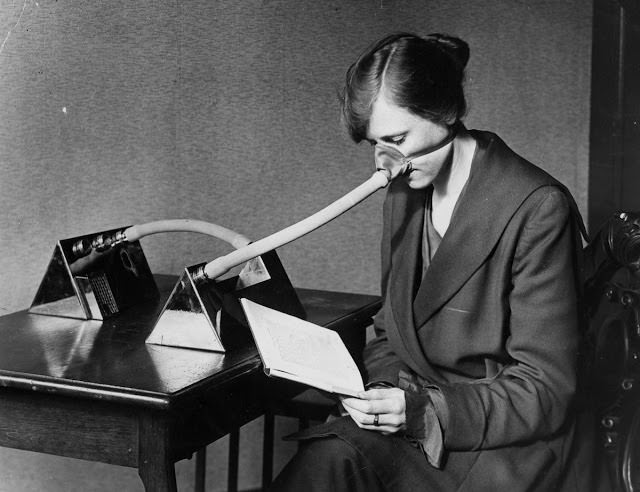
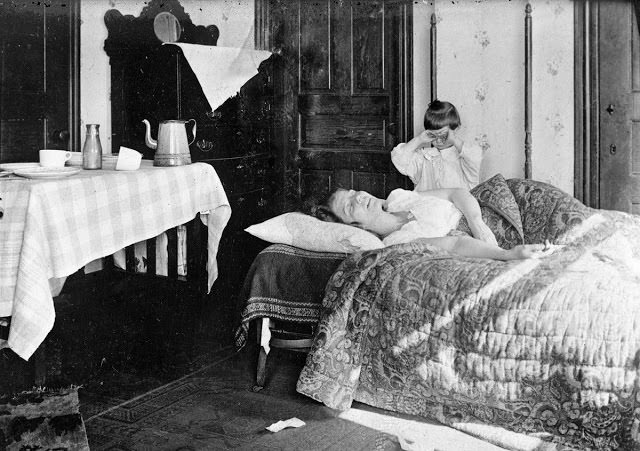
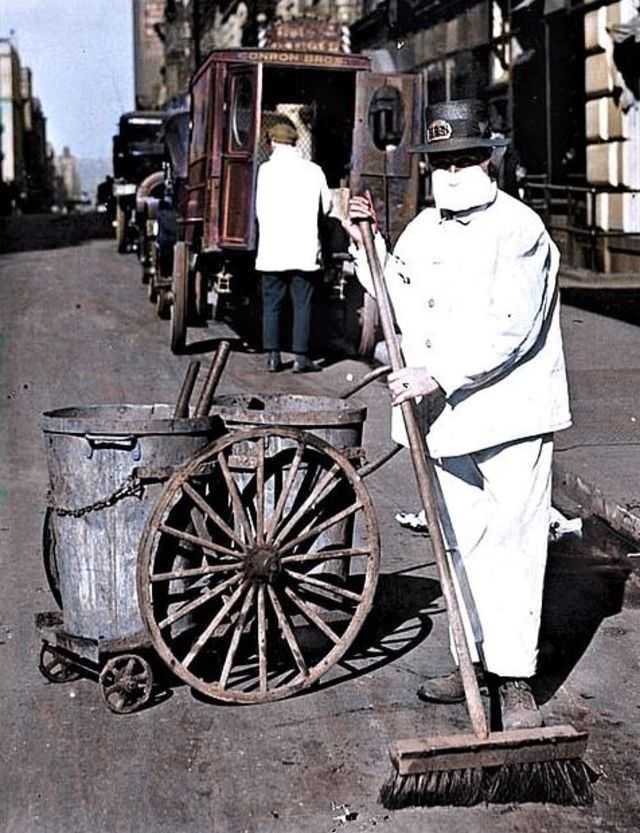
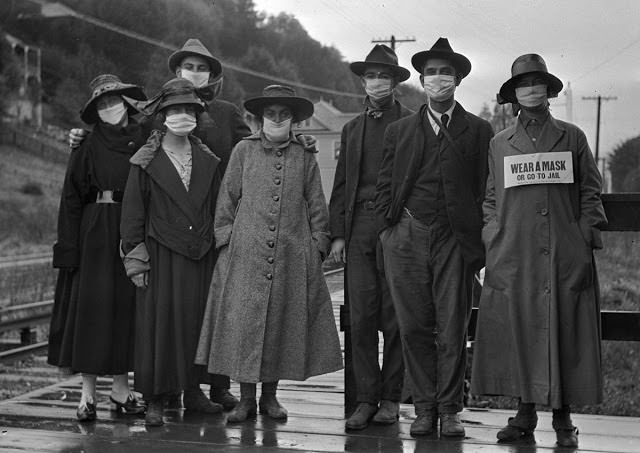
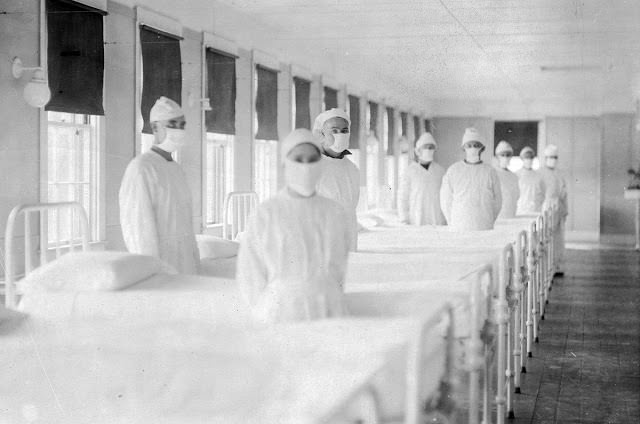
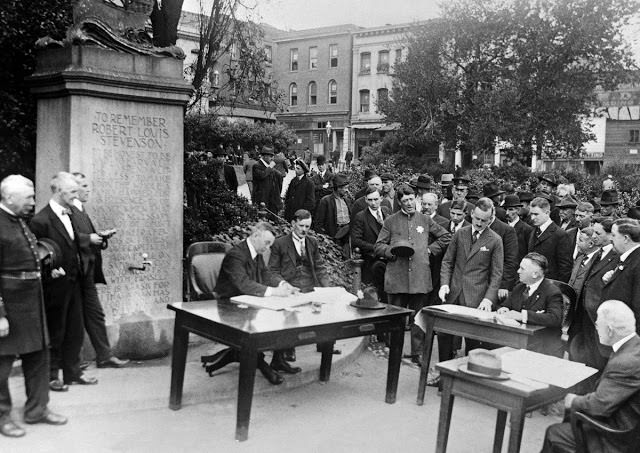
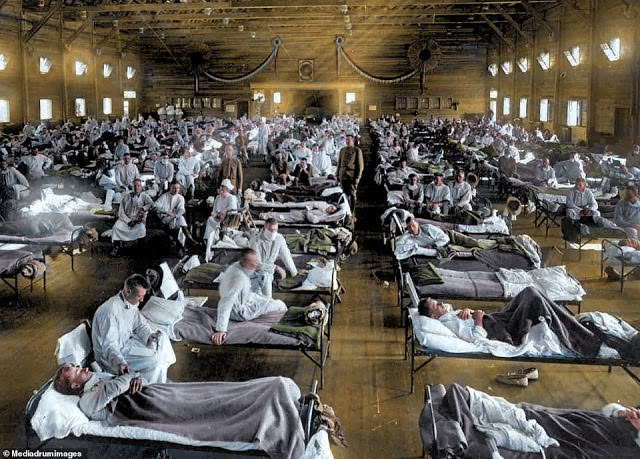
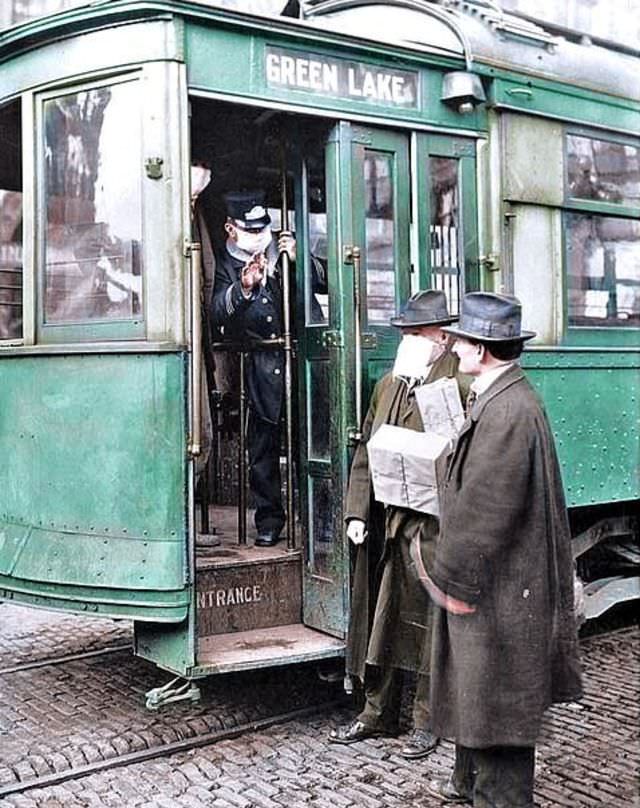
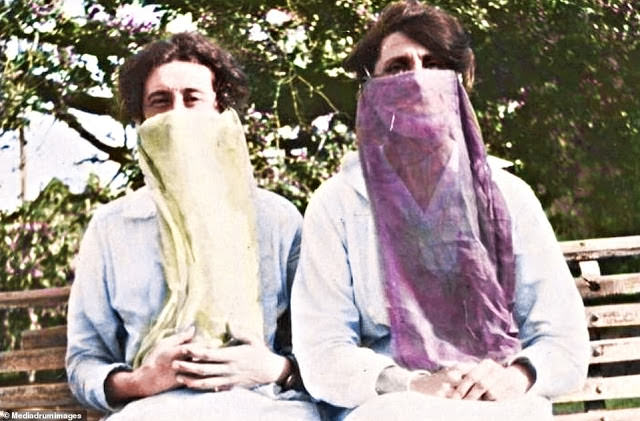
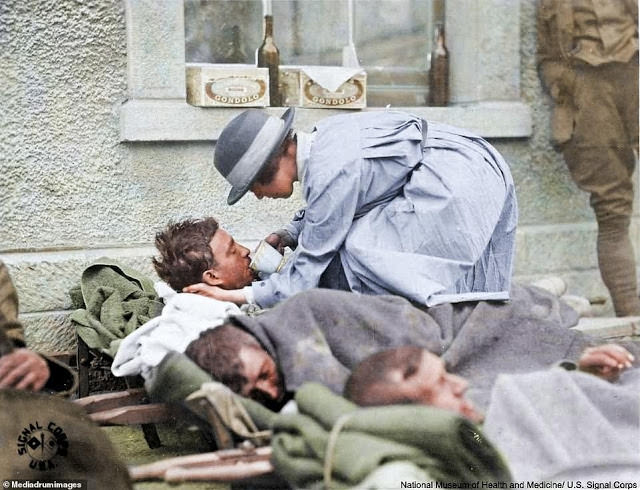
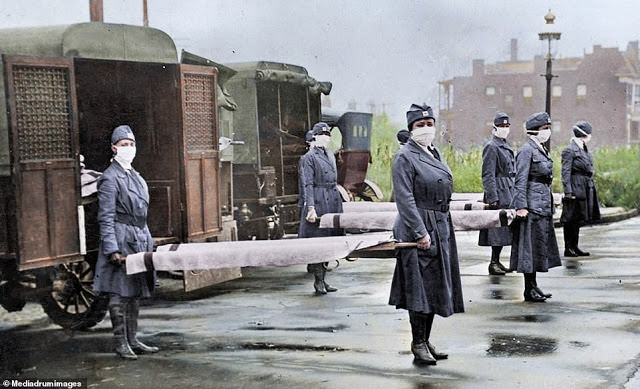
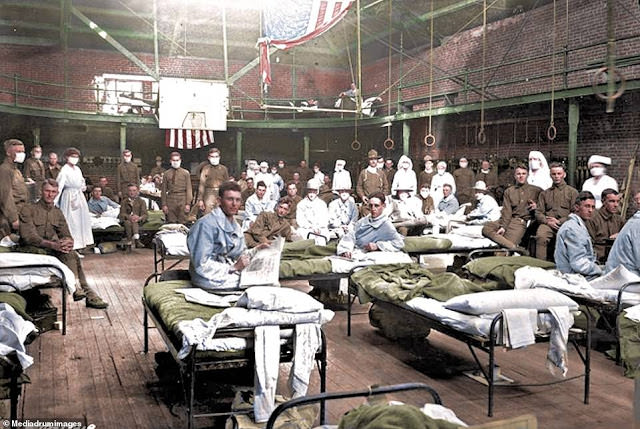
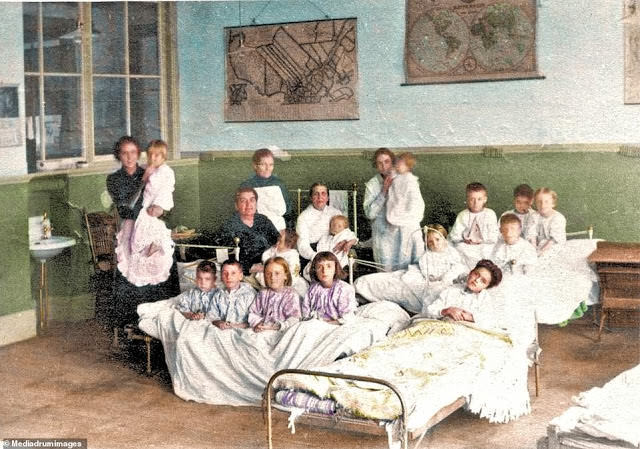
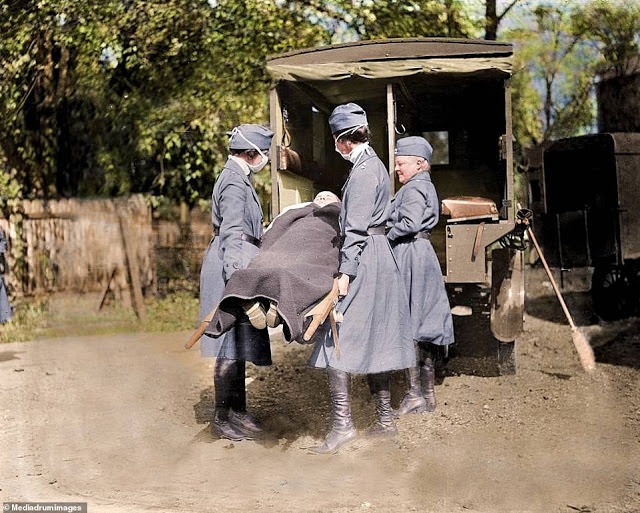
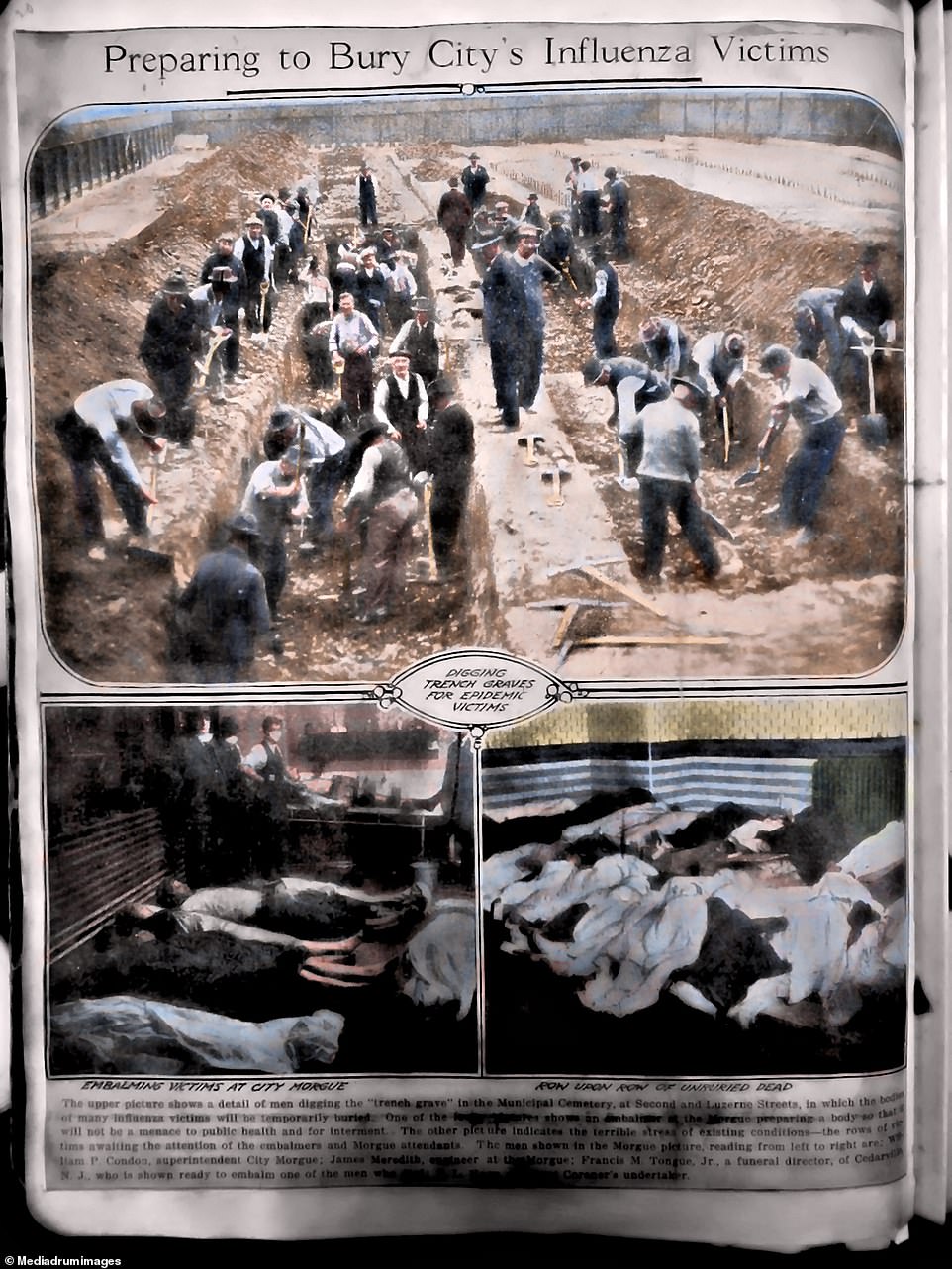
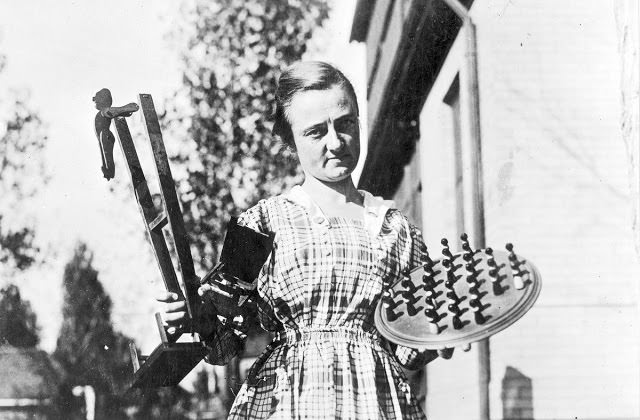
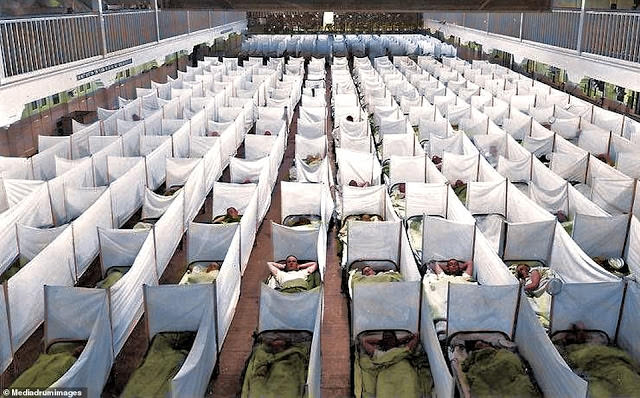
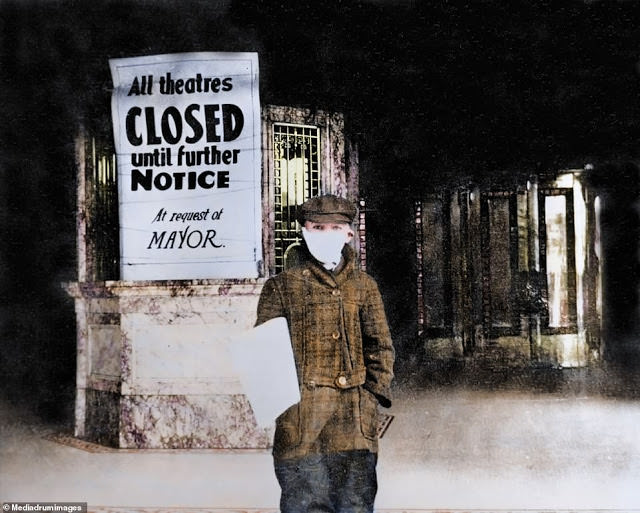
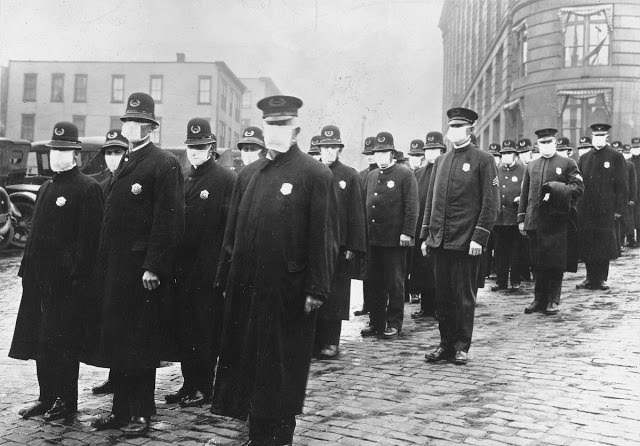
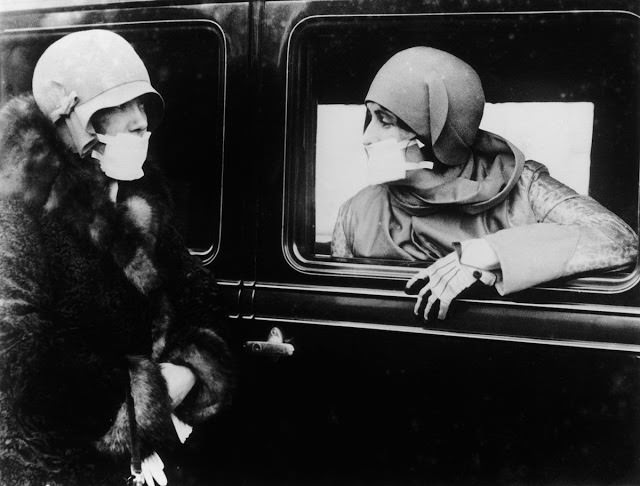
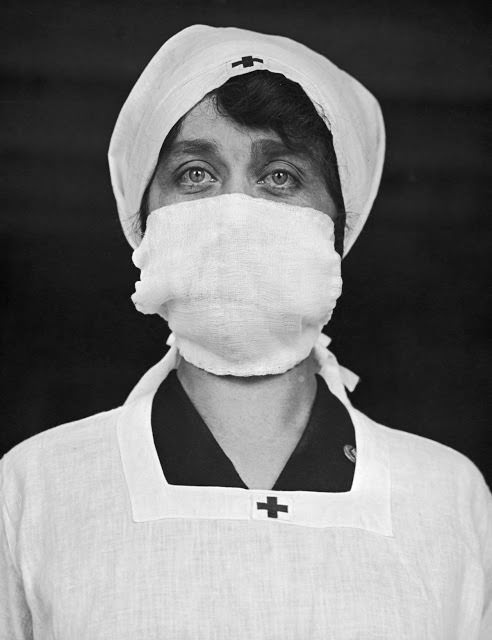
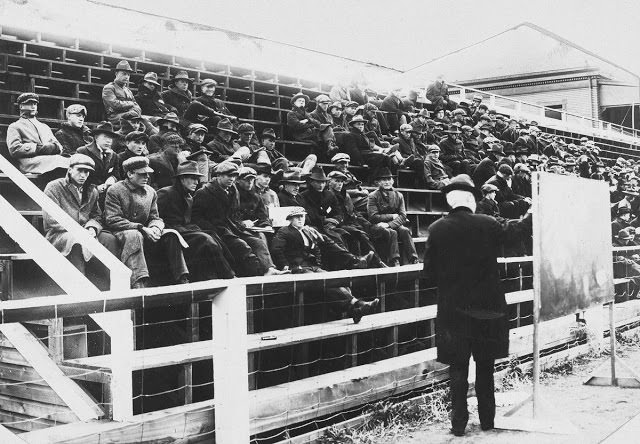
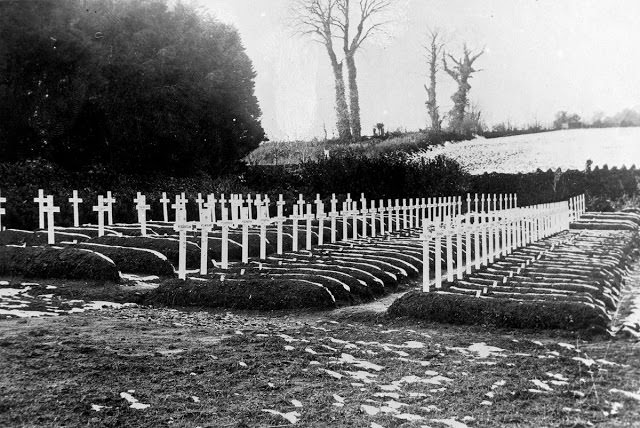
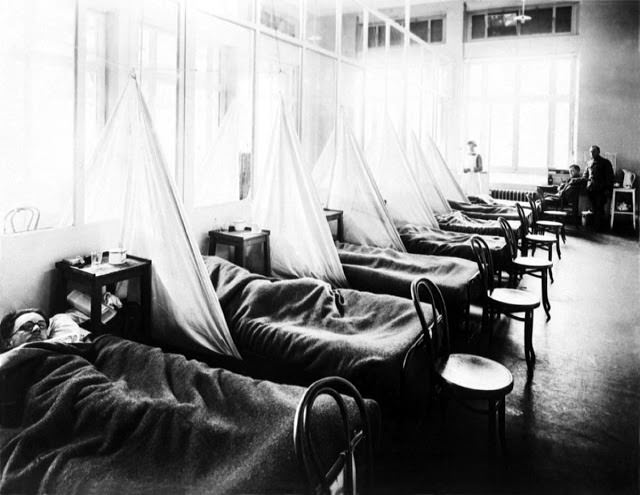
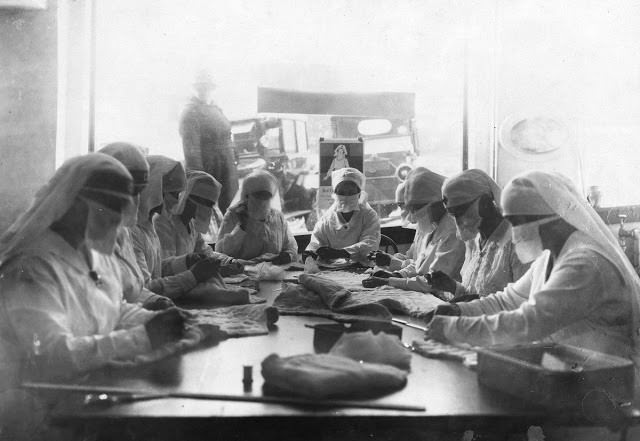
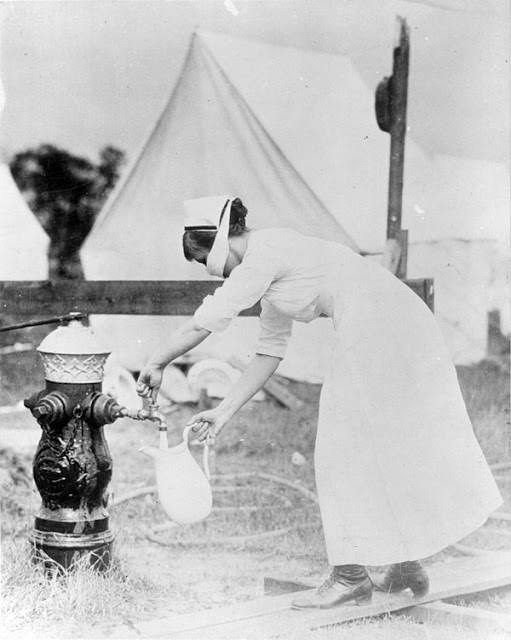
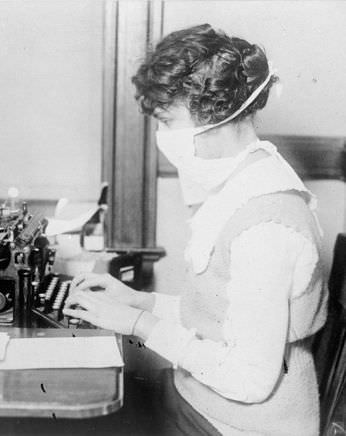
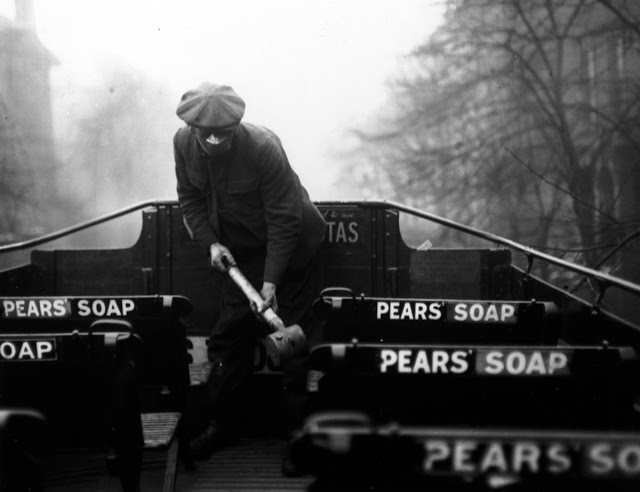
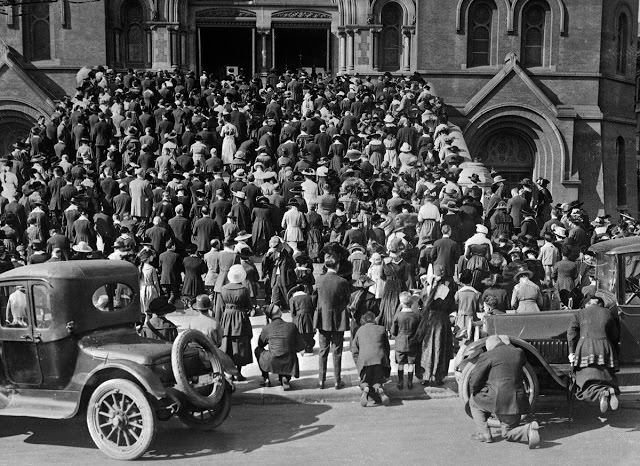
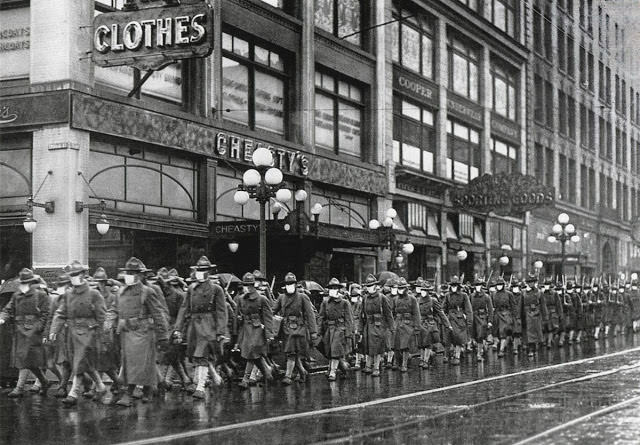
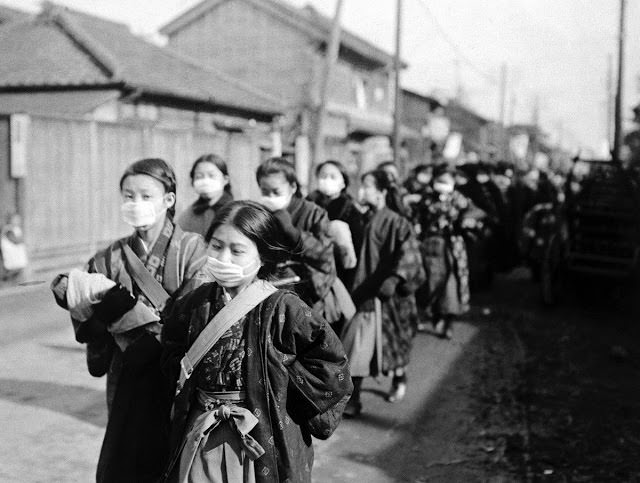
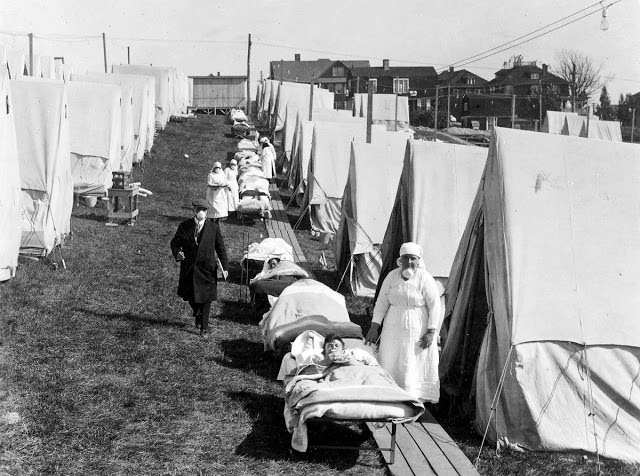
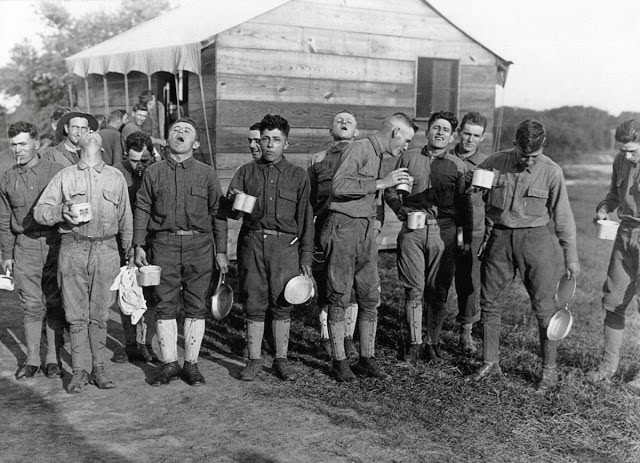
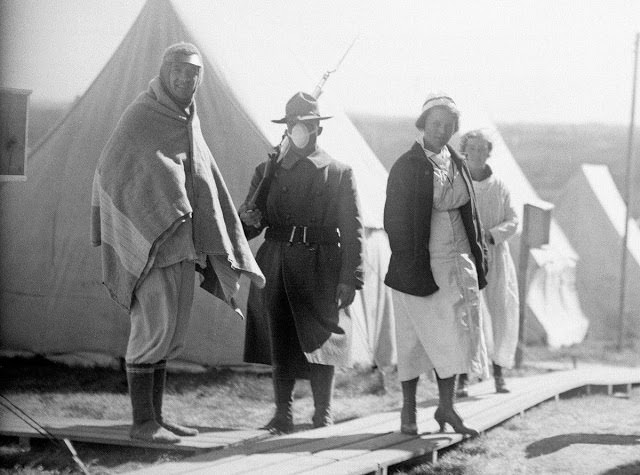
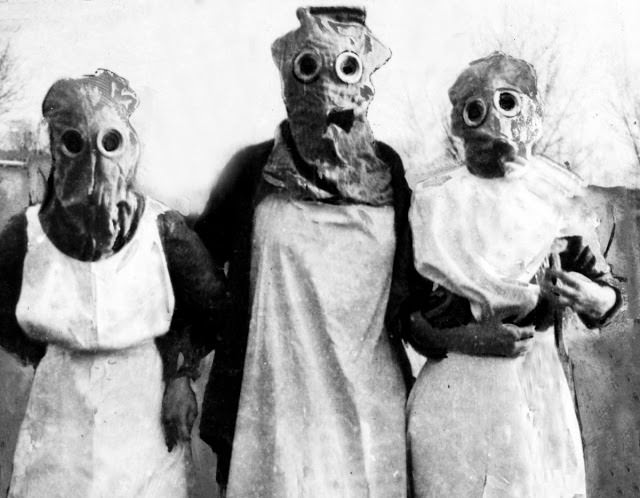
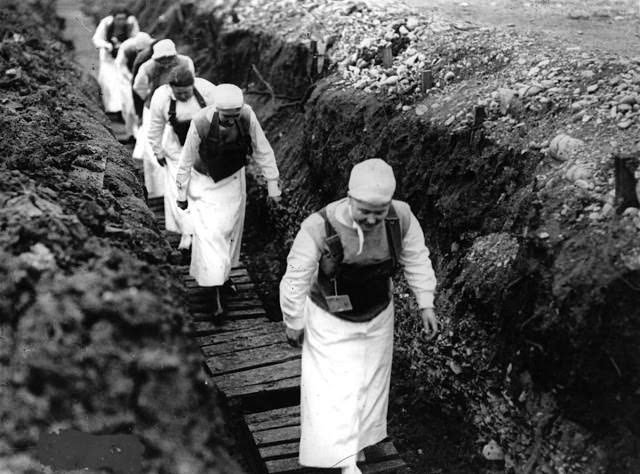
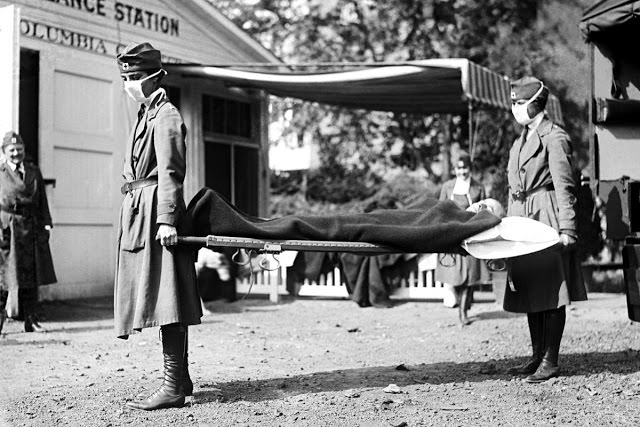
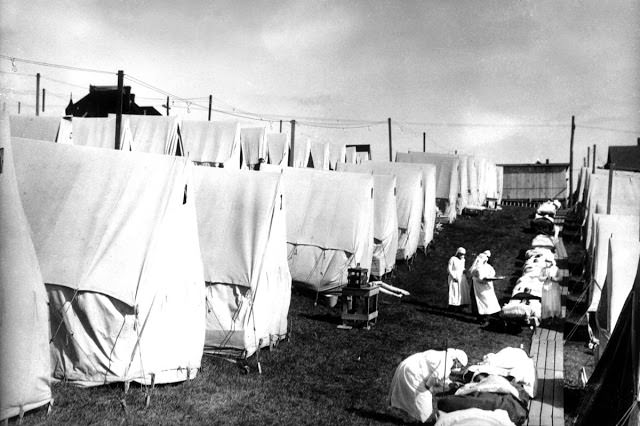
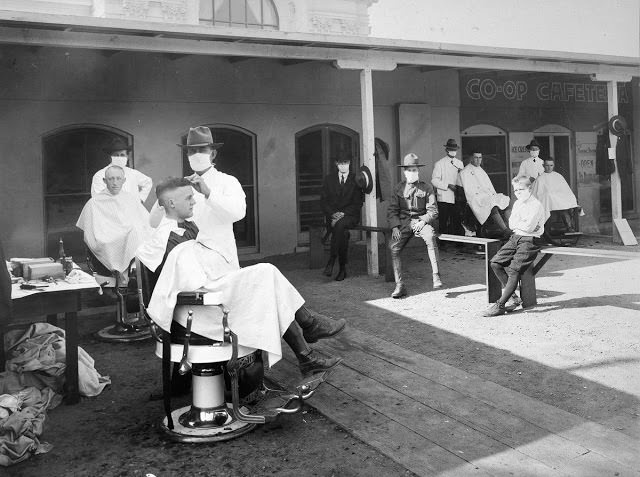
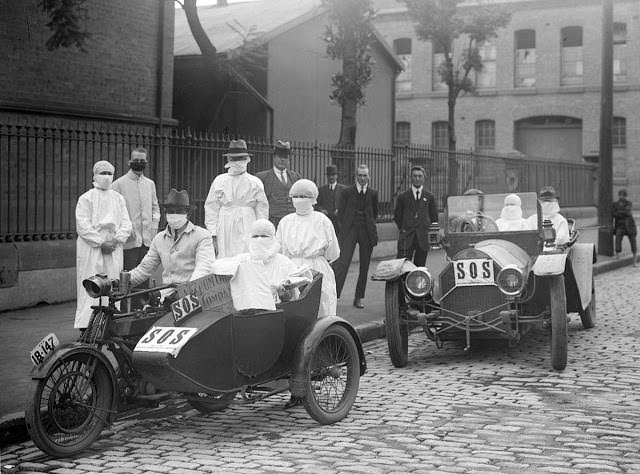
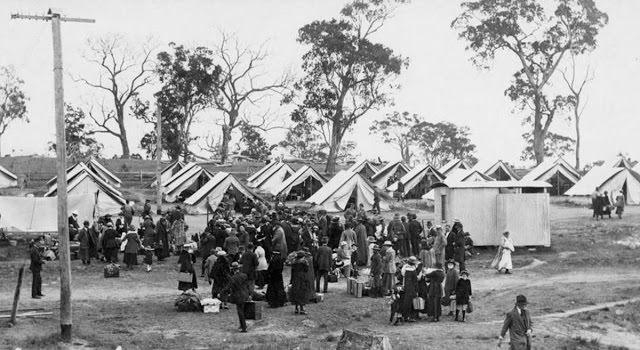
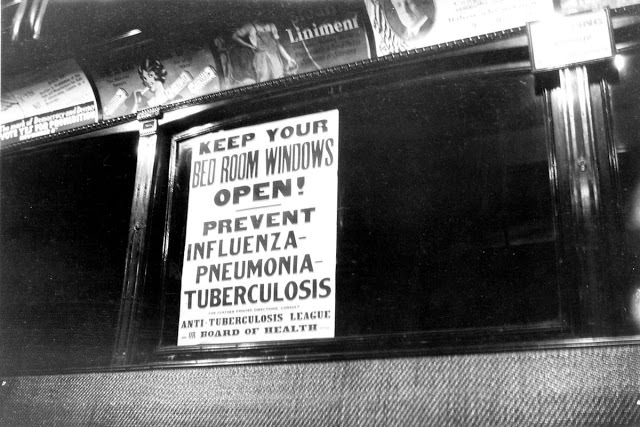
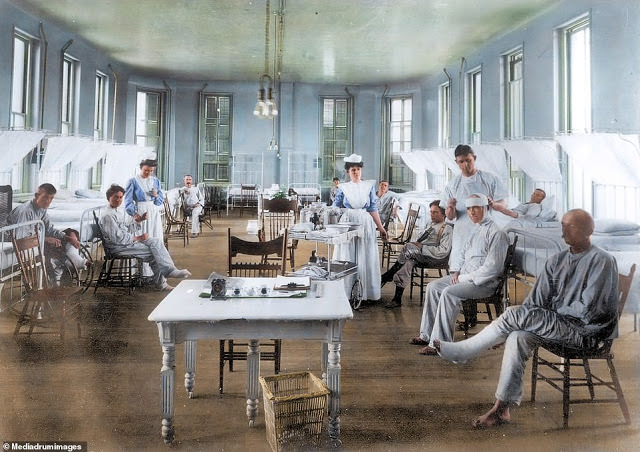
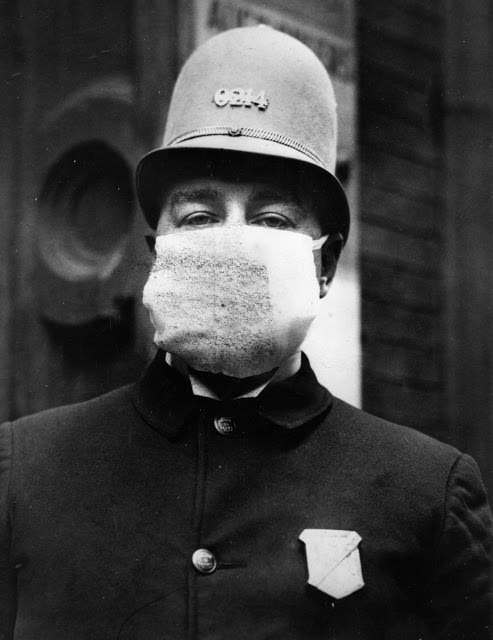
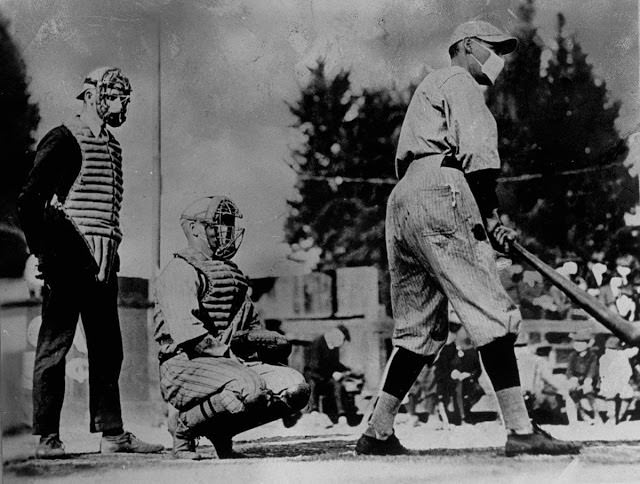
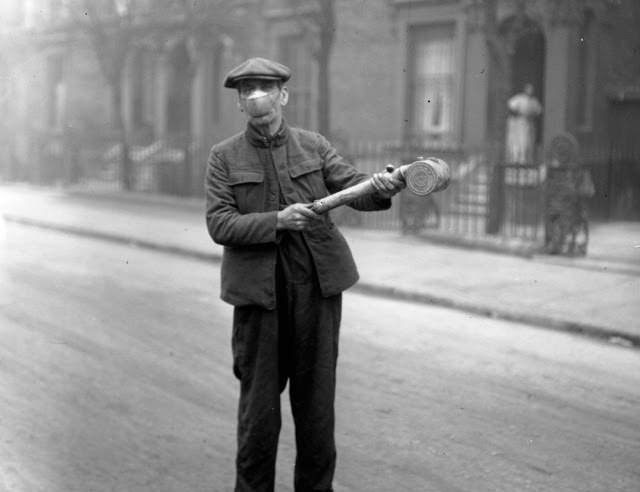
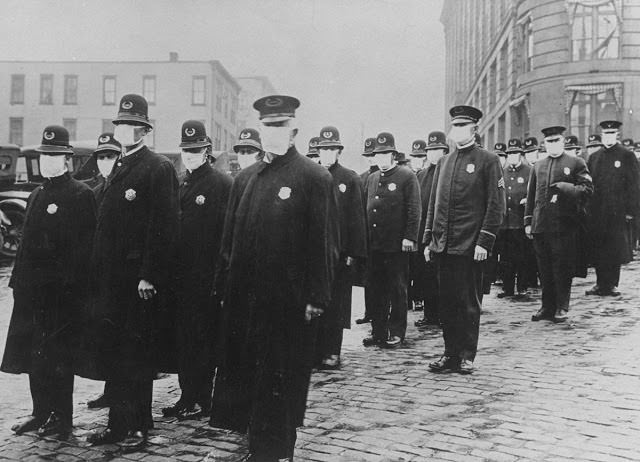
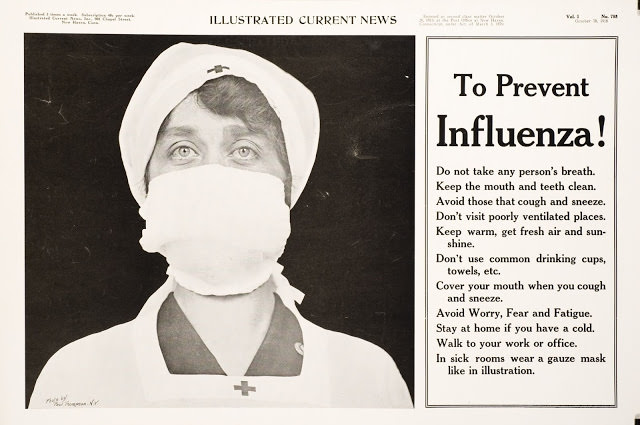
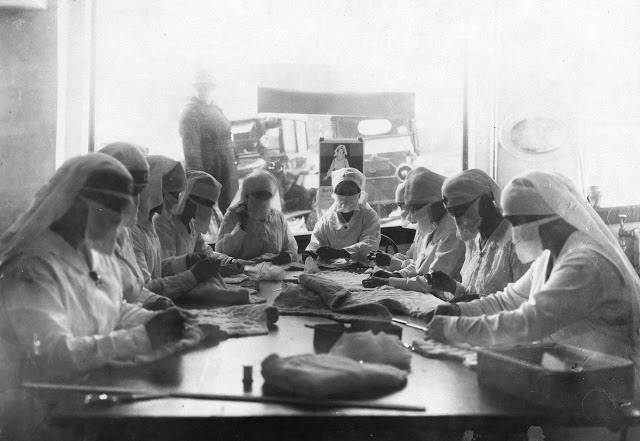
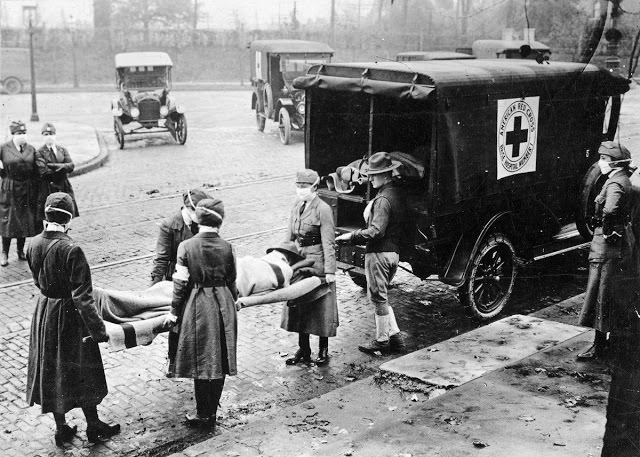
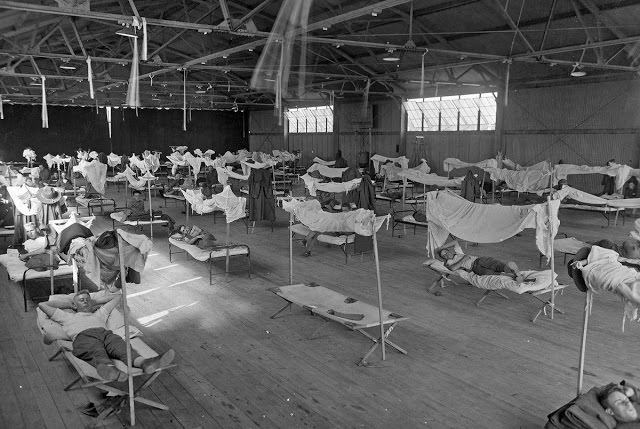
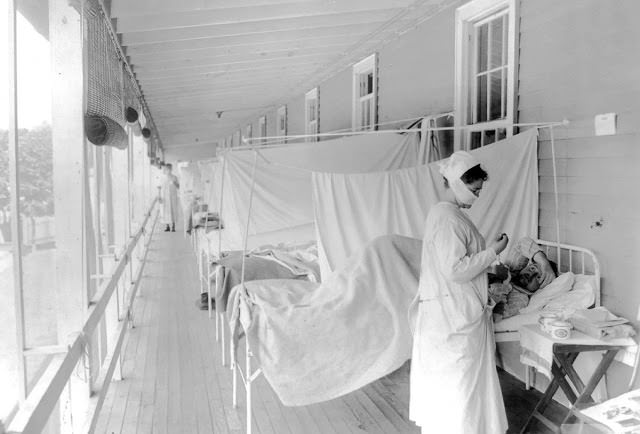
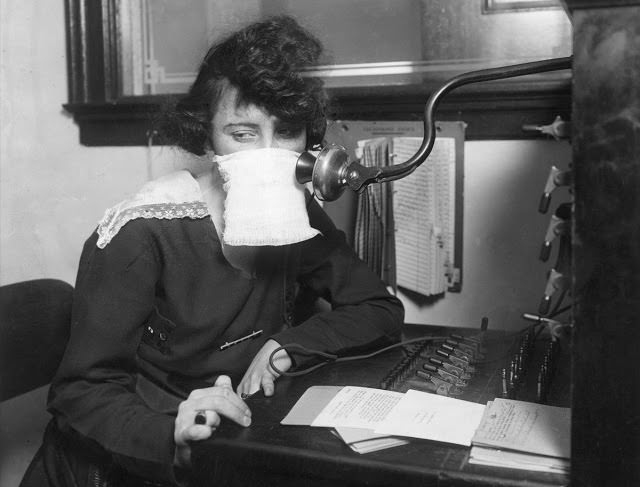
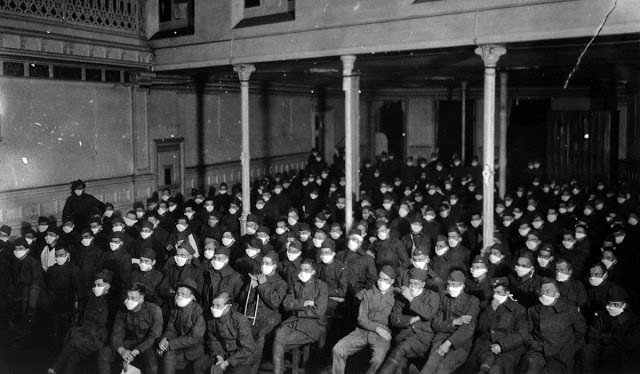
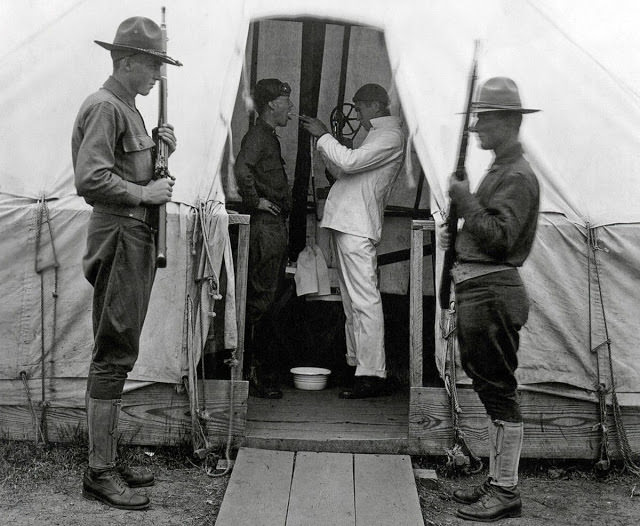
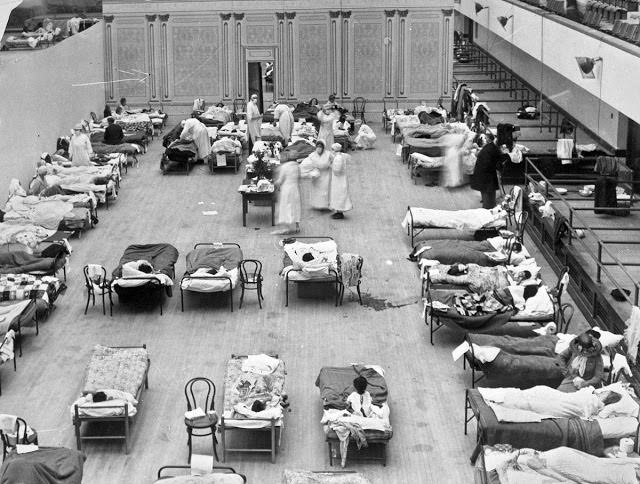
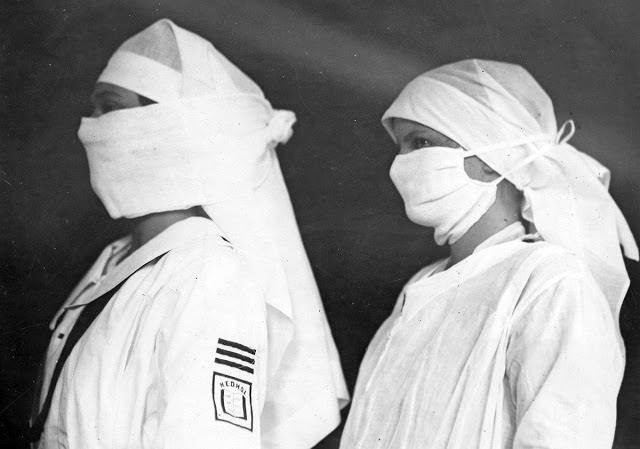
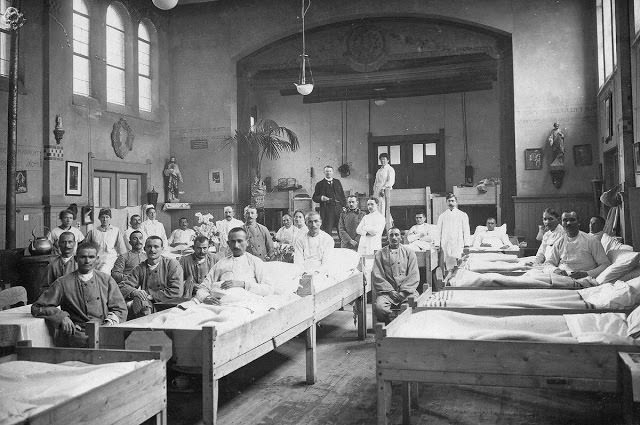
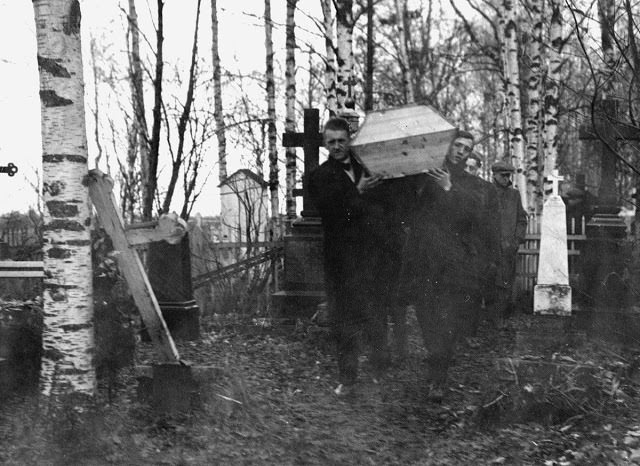

CFR for Covid is probably .5%, if the hospitals haven’t been overwhelmed. Spanish Flu CFR was around 2%. Covid is probably two to three times more contagious, however. Without NPI it would infect the entirety of the USA in less than 6 months causing 1-2 million deaths according to the Imperial College of London model.
In stark contrast, there was a field hospital set up at Century Link for Covid-19 patients. They didn’t tend to a single patient so it was torn down.
The deadliest disease in human history SO FAR? are you out of your mind ?